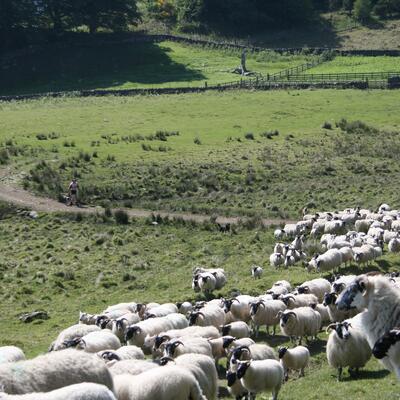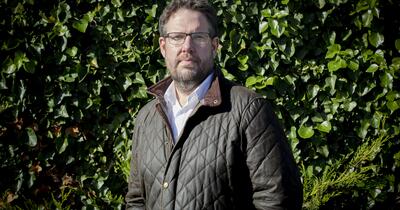Perthshire highland farmer Alex Brewster NSch 2016 has published his Nuffield Farming Report titled ‘Powering pasture and the relevance of red meat in the 21st century’, sponsored by The MacRobert Trust. The report is now available on the Nuffield International website at www.nuffieldinternational.org/live/reports or can be downloaded directly at https://bit.ly/ABrewsterReport.
Alex presented his findings at the 2018 Nuffield Farming Conference, for which he was awarded the John Stewart Shield for Best Performance. His presentation can be found at http://bit.ly/ABrewsterPres.
The findings of this report are already having an impact on the industry, with Alex sharing his knowledge and experiences from his travels at events such as the Oxford Farming Conference and the Northern Farming Conference. He is also working with local farmers to improve farm profitability and sustainability and has begun work with Abertay University in Dundee on a carbon sequestration programme.
Study Objectives
- To provide livestock farmers with the tools to develop a profitable and sustainable business by maximising genetic and pastoral efficiency.
- To demonstrate that grass-fed livestock produce high quality and healthy red meat.
- An unexpected objective is to show how red meat production is part of the environmental solution and not part of the problem.
Countries Visited
Scotland, Wales, Ireland, England, France, Holland, New Zealand, Uruguay and Chile
Messages
- The future of red meat is green!
- Proactive grazing management is a must to achieve the win-win of profitable and environmentally sustainable livestock production.
- Our goal should be to create an eating experience that has the wow factor and demands a premium justified by its environmental credentials.
- Livestock production must be in-tune with local ecosystems.
- Our knowledge and active understanding of the basic needs of pastoral plants, like grass, is woefully short for businesses that rely so heavily upon them for economic sustainability.
- Pastoral plants are the world’s lungs with the potential to absorb twice as much CO2 as the world’s forests. Their primary function is not to be grazed but to act as an energy transfer mechanism.
- The UK’s maritime climate is ideally suited to growing grass.




